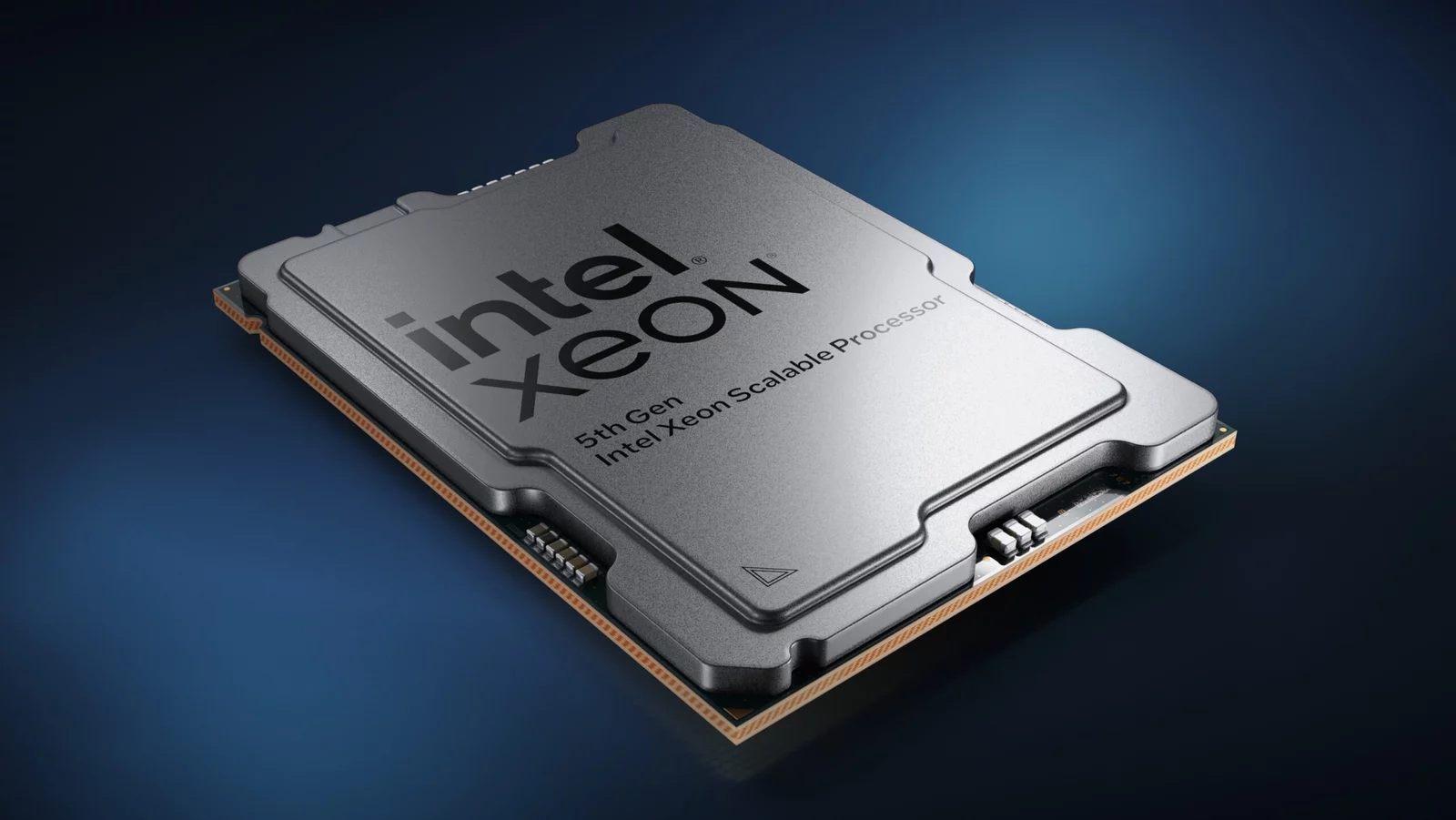In a bold move to shake up the AI landscape, Intel has thrown down the gauntlet with its latest offering: the Gaudi3. This new AI chip, unveiled at a recent event in New York, targets the rapidly growing generative AI segment, with Intel setting its sights squarely on Nvidia and AMD, the current market leaders.
Key Highlights:
- Intel unveils Gaudi3, a new AI chip designed for generative AI applications.
- Gaudi3 aims to compete with Nvidia’s H100 and AMD’s MI300X in the burgeoning AI accelerator market.
- Intel claims Gaudi3 will offer superior performance and efficiency for inference tasks.
- The chip’s arrival in 2024 marks a critical step in Intel’s AI strategy.

Gaudi3: A Powerhouse for Generative AI
Gaudi3 boasts a unique architecture optimized for the demanding workloads of generative AI models like OpenAI’s ChatGPT. These models excel in tasks like writing creative text formats, translating languages, and generating realistic images, but require immense computational power. Intel claims Gaudi3 delivers significant performance improvements over its competitors, particularly in the crucial area of inference, where trained AI models are applied to real-world data.
Efficiency in the Spotlight
Beyond raw performance, Intel emphasizes Gaudi3’s focus on efficiency. The chip boasts a new tile architecture that optimizes power consumption, potentially leading to lower operating costs for data centers and cloud providers running large AI workloads. This focus on efficiency aligns with the broader trend towards sustainable computing, making Gaudi3 an attractive option for environmentally conscious customers.
The AI Battlefield: A Heated Competition
Nvidia has long held the crown in the AI accelerator market, with its H100 chip dominating the high-performance segment. AMD is also making waves with its MI300X, offering a compelling alternative for value-conscious buyers. Intel’s entry into this competitive arena signals a renewed commitment to AI leadership, and Gaudi3’s success will depend on its ability to deliver on its performance and efficiency promises.
The Road Ahead: Gaudi3’s Potential Impact
The arrival of Gaudi3 in 2024 is expected to intensify the AI hardware race, benefiting both developers and users. Increased competition will drive innovation, leading to more powerful and efficient AI chips. Developers will have a wider range of options to choose from, enabling them to optimize their AI models for specific hardware platforms. Ultimately, users will reap the benefits of faster, more efficient AI applications in various fields, including healthcare, finance, and entertainment.
Intel’s Gaudi3 is a bold statement of intent in the AI arena. The chip’s focus on performance, efficiency, and generative AI applications positions it as a serious contender in the fight for AI dominance. While its ultimate success will depend on real-world performance and market adoption, Gaudi3’s arrival undoubtedly marks a significant step in Intel’s AI journey, potentially reshaping the competitive landscape and accelerating the pace of innovation in the field.







